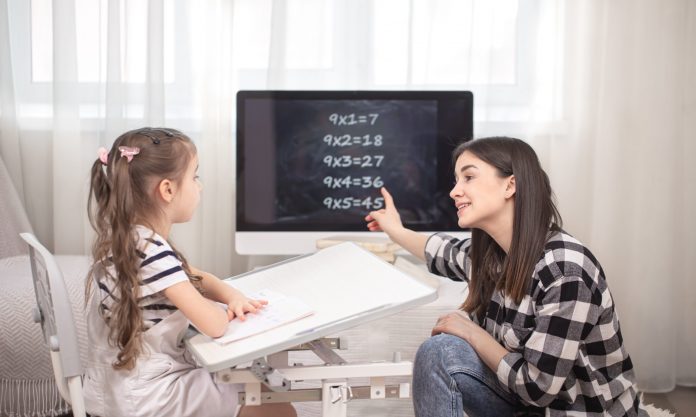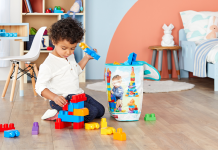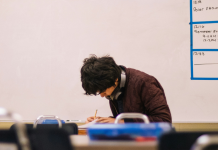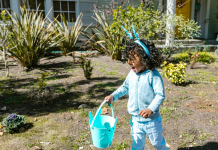
With South Africa in lockdown and parents having to take responsibility for their children’s schoolwork, Ponnie Moodley, director of Nkowa Education, takes a look at how parents can help their children stay on top of their schoolwork.
Begin with goal setting
• Formulate a to-do list.
• Include school assignments and home management issues and chores.
• Having a general family and individual lists will ensure everyone contributes to keeping your home organised.
• Prioritise tasks from most important to least important.
Formulate a self-discipline plan
Aim to make your child self-disciplined where they take charge of their own education.
• Help your child to be intrinsically motivated by encouraging and praising them.
• List the maximum of five realistic expectations and have them posted on a wall for constant referral.
• Discuss incentives and rewards that are awarded at the end of the week as opposed to on a daily basis.
• Make it visual and fun for young children, in order for them to be motivated and inspired.
Address the needs of the whole child
The physical, psychological, emotional, social and cultural development will impact the academic development of a child.
• Establish a sense of community and be aware of cultural nuances, accents and body language.
• Giving clear boundaries, including what are acceptable and unacceptable behaviour, will set the tone for family life.
• Model positive verbal and non-verbal behaviour, as children mirror adults’ mannerisms.
• Celebrate diversity and complement the different learning styles and characteristics with appropriate activities.
• Incorporate different pathways to learning, integrate individual talents and challenge our children.

Set up an ideal study space
Have a designated area for your child to study as it brings an academic atmosphere into your home.
Master the basics skills
Before venturing onto more complex concepts, it is very important that children master the required basic skills first.
• Simple Mental Maths that target single digit addition, subtraction, multiplication and division will help build the necessary foundation.
• Reading aloud and to each other will help children enunciate, use a variety of tones and know when to pause.
Develop good work ethic
Instilling good work ethic is the most important indicator of career success and future excellence.
• Try to stick to your daily schedule as much as possible.
• Practise punctuality and cultivate the need for self-discipline, integrity and good values.
• Avoid distractions like social media and checking emails, instead reserve those for designated times and during breaks.
• Be task- and not time-oriented, while also managing your time wisely.
• Take responsibility for your words and actions as these can have irreversible consequences.
• Be prepared to receive back from others and always spend time on self-reflection.
• Stay balanced by getting enough sleep, exercise, relaxation and following a good diet.
Separation anxiety in kids
Separation Anxiety Disorder is a psychological condition characterised by excessive anxiety in children at the thought of separation from their caregivers or home and causes more distress than would typically be expected.
Signs:
• Nightmares • Refusing to sleep alone
• Headaches • Stomach aches
• Children may also fear harm befalling themselves or their parents during the separation and may refuse to go to school or a childminder. Your child may not display all the symptoms of childhood separation anxiety disorder, but if they persist, a psychologist interested in working with these issues is recommended.
Did you know?
At around six to eight months of age, babies may develop separation anxiety. This often peaks at around nine months. Symptoms range from slight upset to distress. A baby may fear that his parents won’t return when they are out of sight. Object permanence resolves closer to one year of age when separation anxiety becomes less of an issue. Separation anxiety peaks again at around 18 months and can take the form of tantrums and showing aggression. If you’re leaving your child at daycare or school, it can be stressful if separation issues emerge.





